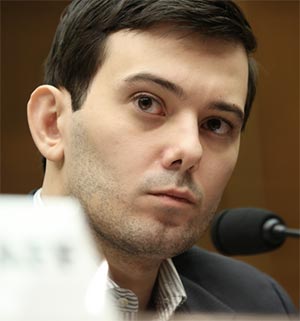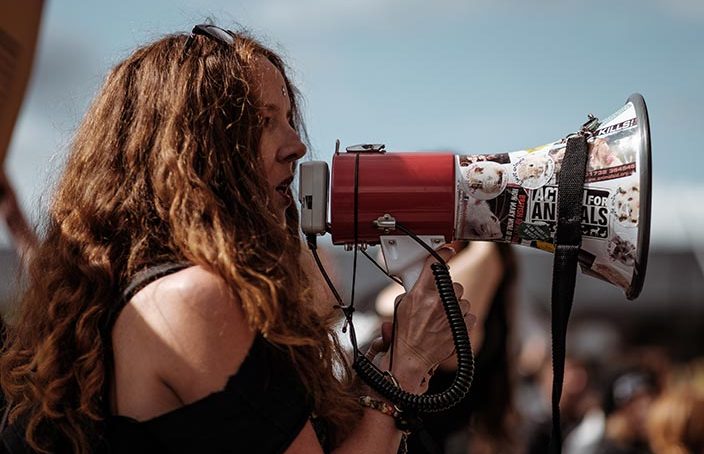4 Issues You Thought Were Protected By The First Amendment, That Aren’t
Your company fires you for something you said online or in public
A private company has the right to punish their employees’ speech through fines, unpaid leave, and firing. And yes, that includes statements you make both at work and at home.

Comedian Gilbert Gottfried, former voice actor for the Aflac duck, was fired in 2011 after humorous tweets in the wake of an earthquake and tsunami in Japan, a country where Aflac does much of its business.
You can sometimes get around this by adding a statement along the lines of “My personal views do not reflect those of my employer,” but this is not a guaranteed protection.
There are limitations — for example, you can find protection in whistleblower laws if the information you’re posting exposes unlawful or unethical practices within your company. The line also gets blurred when it comes to public or government positions. Free Speech reigns supreme in the public sector, as long as it doesn’t affect you doing your job.
Your comments and posts are removed, and you are banned from a social media platform

Martin Shkreli was banned from Twitter for publicly harassing journalist Lauren Duca after she allegedly refused to accompany him to Donald Trump’s inauguration.
A social media site removing content and users for distasteful speech usually does not bode well with an organization’s public relations department, but enough public pressure can make it happen. However the opposite also holds true, as sites like Facebook have come under pressure to identify and remove fake news articles from users’ timelines.
Users have been banned from social media sites in the past, particularly on Twitter. After enough users were banned, the rival site Gab was launched to provide an outlet to those banned.
The issue remains a tricky one for social media sites as they come under increasing pressure from those wishing to suppress speech, and those wishing to preserve it.
A university cancels your speaking engagement

Milo Yiannopoulos was stopped form speaking at UC Berkeley amidst rioting concerns after heavy student protests in the lead up to his visit.
If you’re invited to speak on campus and your speech is subsequently cancelled, you are not entitled to a First Amendment claim. The university cannot put limits on what you say, but they can dictate when and where you say it. If they determine your intended speech to be contrary to university goals, they may very well cancel your engagement minutes before it starts.
The university can also cancel your engagement due to student protests or riots. If university officials feel your speech may incite a danger to the public, they are within their right to cancel your engagement.
Those who have their engagement cancelled are limited in making a Free Speech claim, especially since it’s nearly impossible to bring a constitutional action against a group of private citizens, including students.
The line does get blurred if you’re stopped in the middle of your speech. If your speech is cut short due to rioting concerns, it may be difficult to make a claim. If your speech is cut short for no concrete reason other than the content of your speech, you may be entitled to a claim.
At a political rally you stir up the crowd… a little too much

Donald Trump was accused by some of inciting violence after telling crowds at a 2016 Iowa rally to “knock the crap” out of any protestors who threw tomatoes on stage.
The Newseum outlines fighting words, incitement to imminent lawless action, true threats, and solicitations to commit crimes as unprotected speech when it comes to the First Amendment. So if you’re feeling impassioned at a political rally and your words cause a crowd member to physically harm someone else, you just might be liable.
To be fair, your words would have had to clearly been the cause of the violence that’s taking place, and this is where the line sometimes gets blurred.
The First Amendment guarantees Freedom of Speech, but not in all cases. So be careful when, where and how you choose your words. Choosing the wrong ones in any of the aforementioned instances could get you in trouble.
Further Reading
The First Amendment doesn’t guarantee you the rights you think it does.
Can I get fired for something I post on my personal Facebook page?
UC-Berkeley says ‘Free Speech Week’ is canceled. Milo Yiannopoulos says he’s coming anyway.
Which types of speech are not protected by the first amendment?

